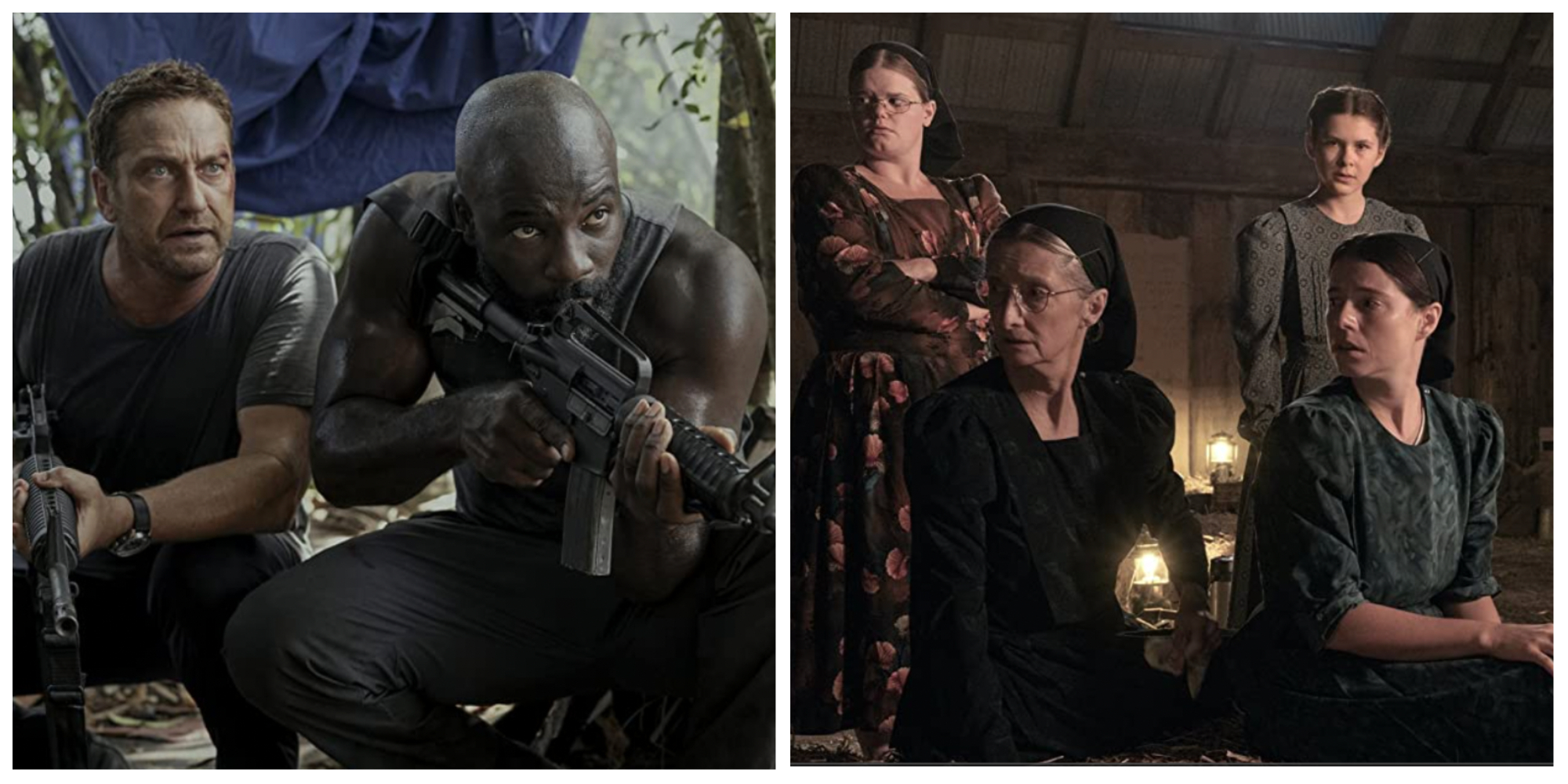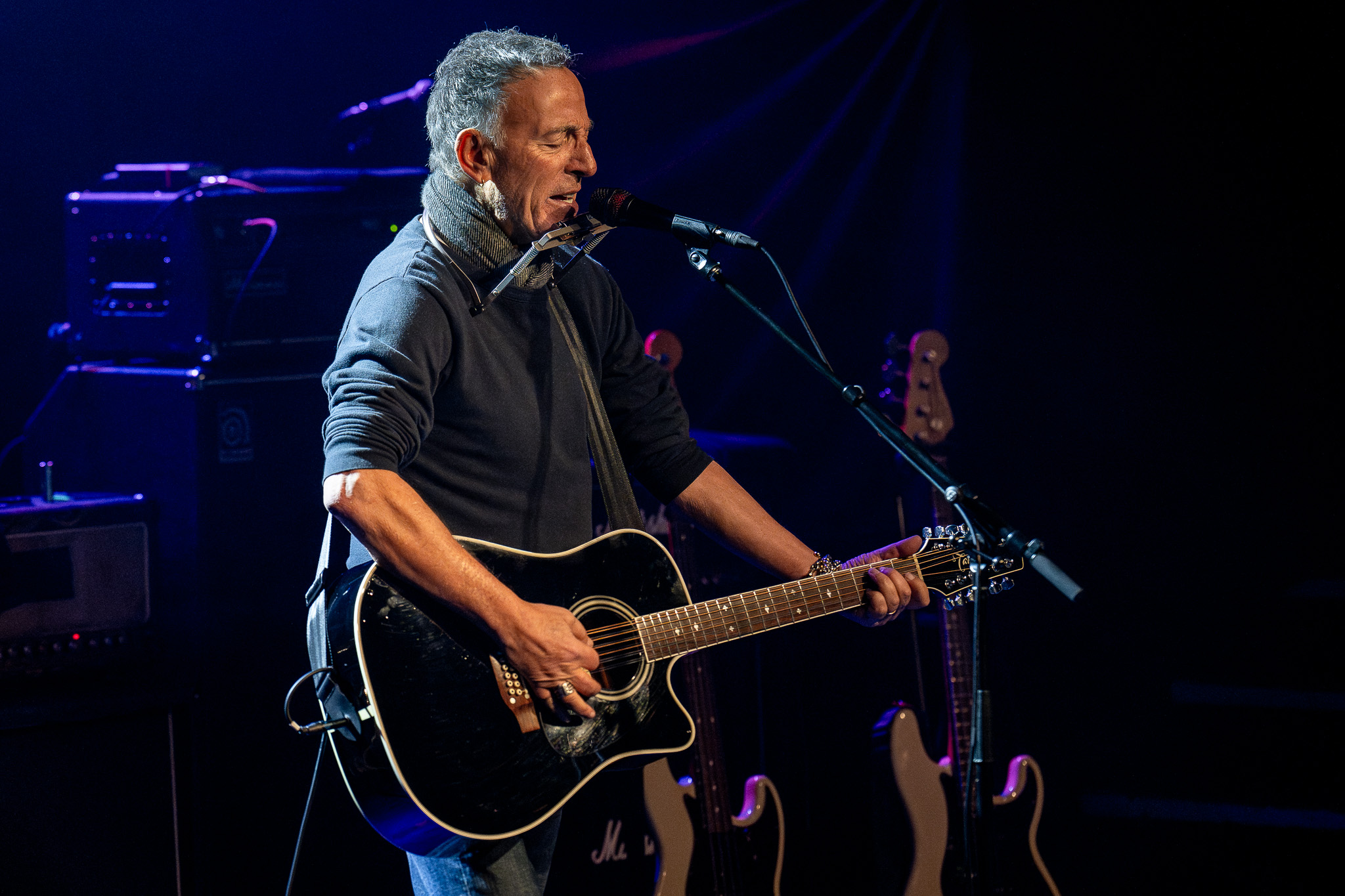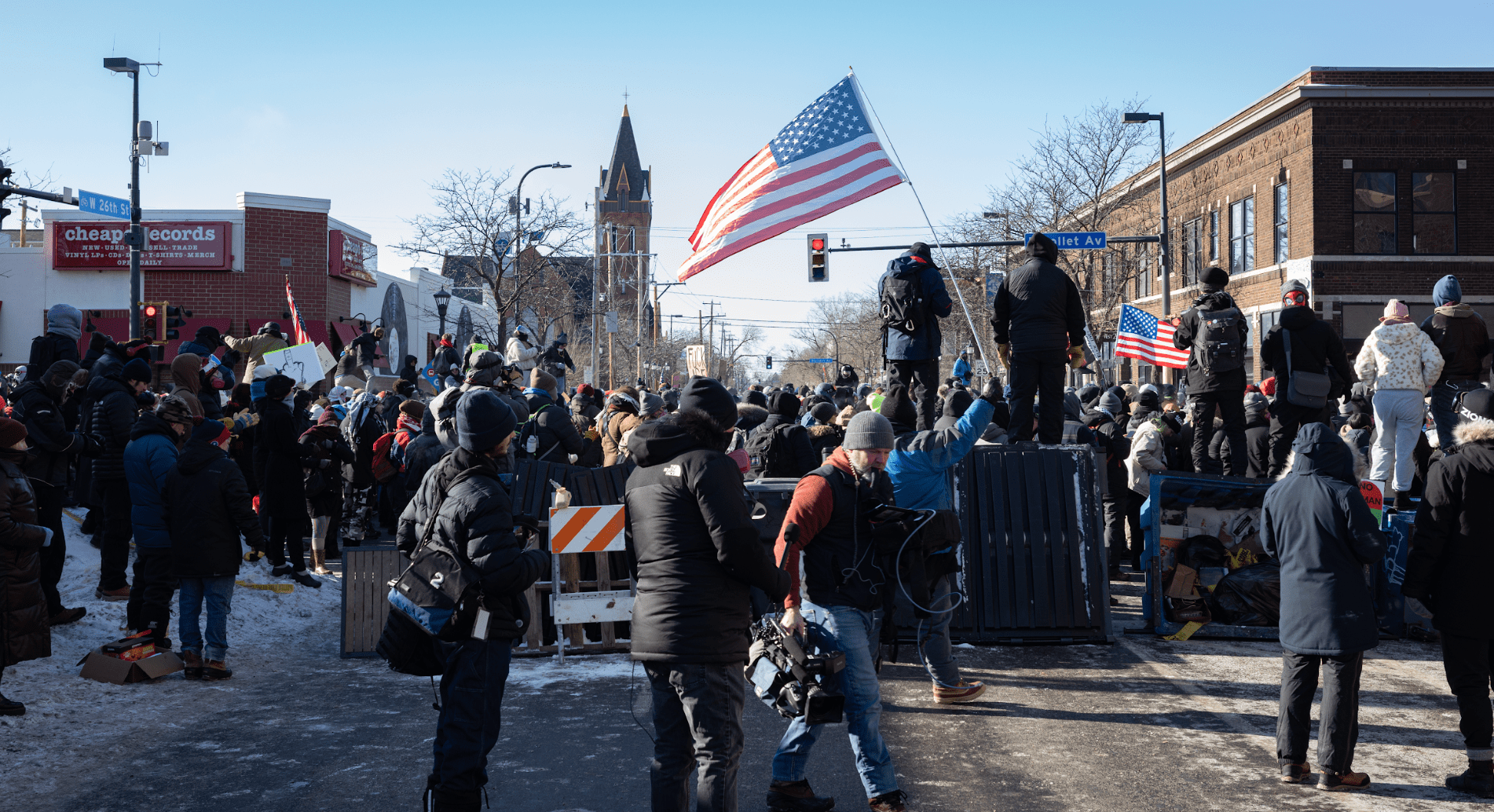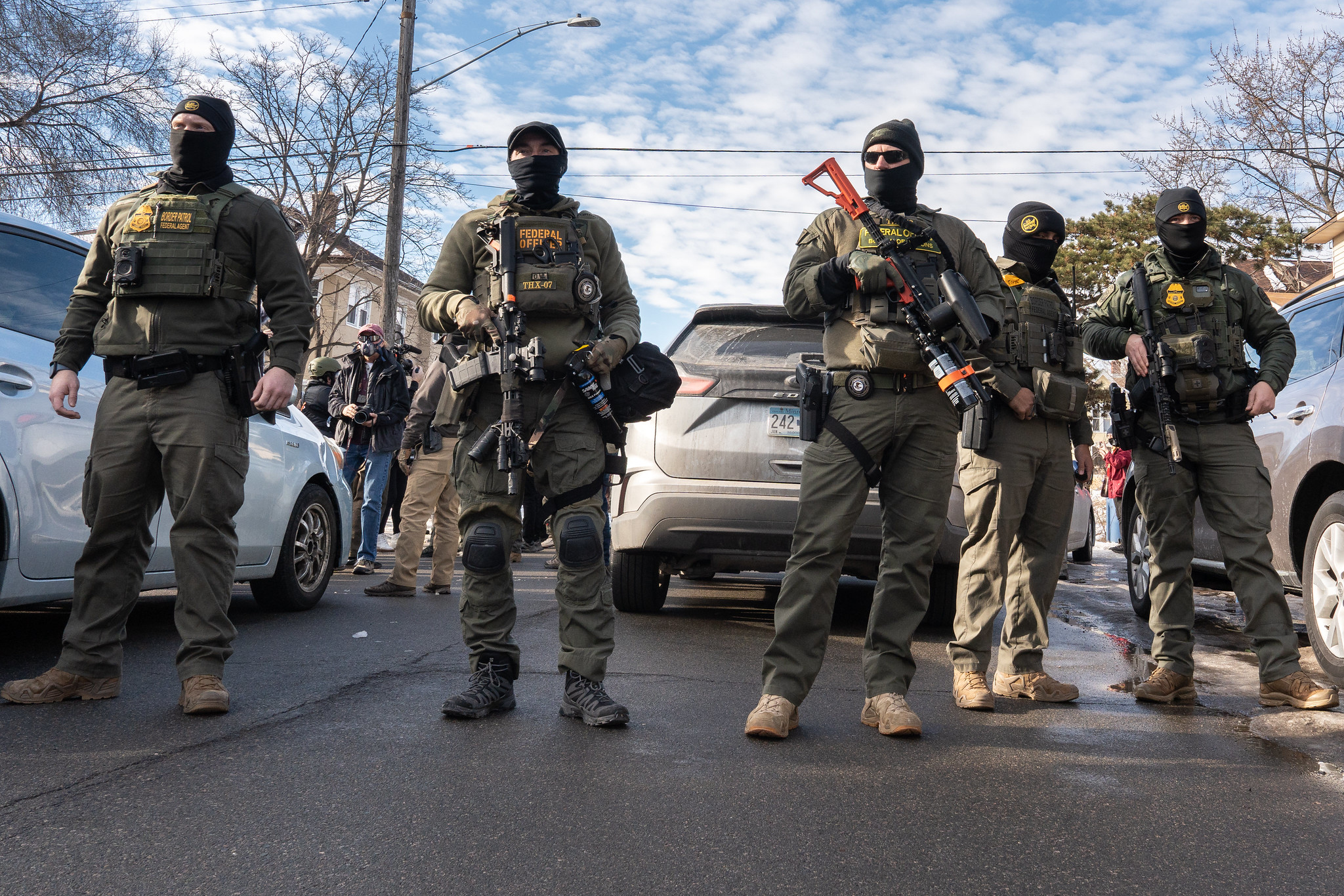Women Talking distills patriarchy to its brutal essence. In Sarah Polley’s adaptation of Miriam Toews's novel, the women and girls of a Mennonite community are kept illiterate and submissive. The men routinely drug and rape them, then insist the attacks were the work of Satan or flights of female imagination. When, finally, a perpetrator is caught, and he names the other rapists, the women are given a choice: forgive these men or suffer excommunication.
And so the women gather and determine three possible courses of action: to stay and fight, to do nothing, or to leave. Split on how to proceed, the larger group chooses six individuals to make the final decision. We hunker down with this cadre in a hayloft, where they discuss their situation, often heatedly, for most of the film—it’s a sort of 6 Angry Mennonites. There’s no room for compromise here: The women either do something or they do nothing.
At the center of the debate are the two most hardened members of the group, Salome (Claire Foy, maybe never more fiery) and Mariche (Jessie Buckley, stewing in that peeved sourness she conveys so well). The elder women, Agatha and Greta (Judith Ivey and Sheila McCarthy) keep the others calm, the latter diffusing moments of conflict with homely parables starring her two horses. Bespectacled Mejal (Michelle McLeod) has obvious PTSD, manifesting itself through nervous smoking and panicked seizures, which the more stoic women resent as overly dramatic. And as Ona, the group’s resident dreamer, Rooney Mara exudes a beatific calm, making unexpected contributions with a mysterious smile.
They’re not alone. The community’s schoolteacher, August (Ben Wishaw, here a gangly mix of Anthony Perkins and Ichabod Crane), is tasked with keeping the minutes—on account of being the only decent man in the community. Two teen girls (Kate Hallett and Liv McNeil) watch from the edges, giggling and braiding each others’ hair and struggling against boredom. A trans man named Melvin (August Winter), who watches over the children and they play in the field, visits occasionally, refusing to speak.
Though most of the film takes place in the hayloft, the camera is mobile enough to add dynamics to the setting and reduce any staginess. Choreographer Luc Montpellier, who worked with Polley on her past two films, here favors a washed out color palette, sometimes approaching black and white, a decision that occasionally helps us forget that this story is taking place in 2010. The lighting also accentuates the features of the women till they resemble dim oil paintings, especially the older women, whose wrinkles and sags take on a kind of grace. Yet for all this stylized delicacy, the camera doesn’t turn away from the women’s blood and bruises.
Women Talking can be too on the nose. A “not all men” is uttered. When one of the women addresses the trans character as Melvin, he speaks finally to respond “Thank you for saying my name.” Also Polley sometimes reduces her characters to universal stand-ins for “women” generally, instead of allowing their arguments to arise dramatically from their own experiences.
Then again, Polley’s script doesn’t seem to aim for realism, but rather a theater-of-ideas stylization where the significance comes from how positions are presented and debated rather than from conformity to “real life” dialogue. This choice is at odds with what makes the performances here uniformly strong—a naturalistic style of acting—and these two pieces of the jigsaw puzzle don’t always fit together. At its best, though, Women Talking gives abstract concepts like autonomy and agency real emotional pull. And it demonstrates an unfashionable faith in democratic consensus, arising not from some Enlightenment ideal of disinterested reason, but from women divulging their individual struggles within the framework of shared experience. What a concept.
***
The disarmingly basic title of director Jean-François Richet’s Plane should win the movie a special Oscar for truth in advertising. Plane is so very much what it is that calling Gerard Butler’s latest gritty two-fister formulaic is like faulting a chair for being something you sit in.
I was honestly prepared to let fans of automatic weaponry and manly ultimatums have their fun and leave this routine exercise in action cliché graciously unreviewed. But now I see that lenient critics are giving Plane’s no frills thrills a pass because it takes them back to the ’90s heyday of unfussy action flicks the studios don’t pump out so much today. Of course, when “they don’t make movies like this anymore,” one reason is often that we already have enough movies like that. I mean, I get it, the January doldrums are tough on a critic, but are we really nostalgic for the glory days of Air Force One?
The nice thing about reviewing a movie like Plane is there’s no such thing as a spoiler—the predictability is the supposed charm. Butler, as ever our last red-blooded trad action hero, is airline pilot Brodie Torrance, whose career was derailed after he put an unruly passenger in a sleeper hold. He must fly the titular Plane out of Manilla on New Year’s Eve, after which he’ll reunite happily with his genre-required cute teen daughter in Hawaii.
Or will he? Cost-cutting airline officials (those louses!) direct Brodie to fly Plane directly into a storm. Lightning strikes Plane, which then loses all power, and Brodie must summon all his virility to safely crash land on the closest island. (*Hacky daily newspaper reviewer voice* And you thought flying Spirit at Christmas time was hard! Folks!) But! That island is run by a separatist militia with a knack for demanding ransom for unfortunate western captives. Can Brodie protect the annoying passengers on his flight? Will the mysterious prisoner (Mike Colter) Plane was transporting help Brodie or turn against him? Will the airline locate Brodie and the others before it’s too late? And what about Plane? Will it ever fly again?
All these questions are answered as expected. Along the way, there are a handful of satisfying kills (two involving a sledgehammer), a close call with a rocket launcher, and a grueling wrestling match between Butler and a thug. But mostly the guns shoot and the blood spurts. The two-dimensional passengers (a peevish bald businessman, a pair of leggy selfie-addicted influencers, a bearded Muslim who prays silently whenever something very bad or very good happens, etc.) practically dare you to care about their fate. Butler’s determination to be the last action hero standing can only carry a flick so far.
Like it or not, action movies are impure creatures of capitalist overabundance, ever demanding more, bigger, louder, dumber from their creators. I’ll acknowledge that Richet capably winnows the genre down to its essence. But action movies are the chain-restaurant nachos of the cineplex—what counts is how many inessentials get piled on top.
GRADES
Women Talking: A-
Plane: B-
Women Talking and Plane are now showing in area theaters.






